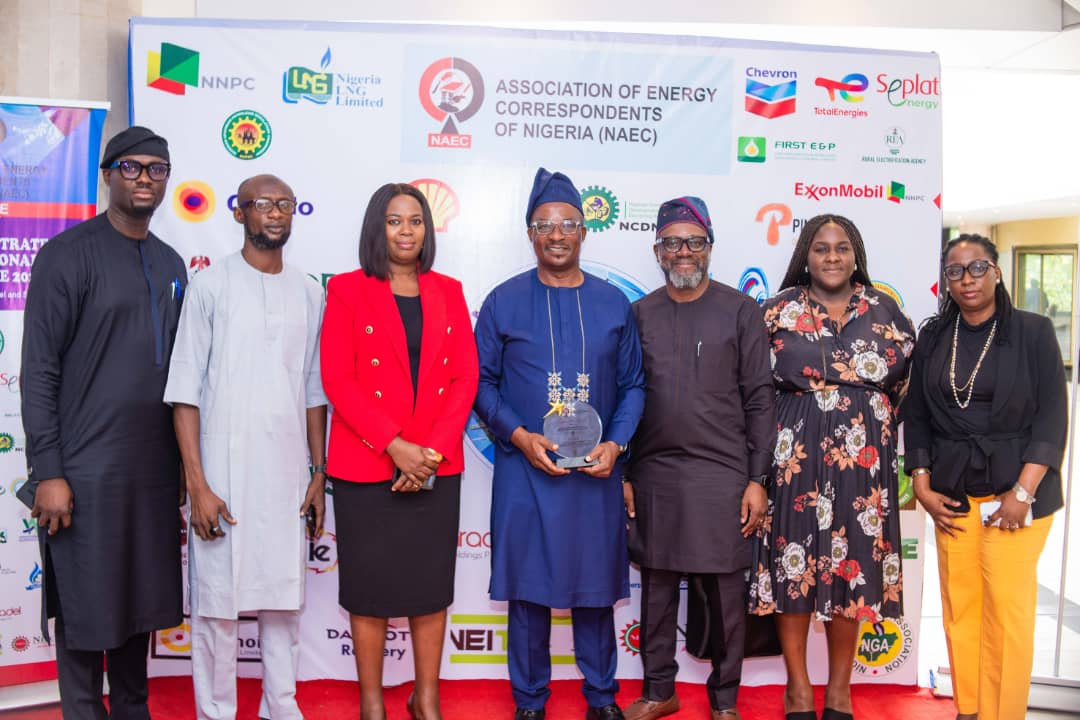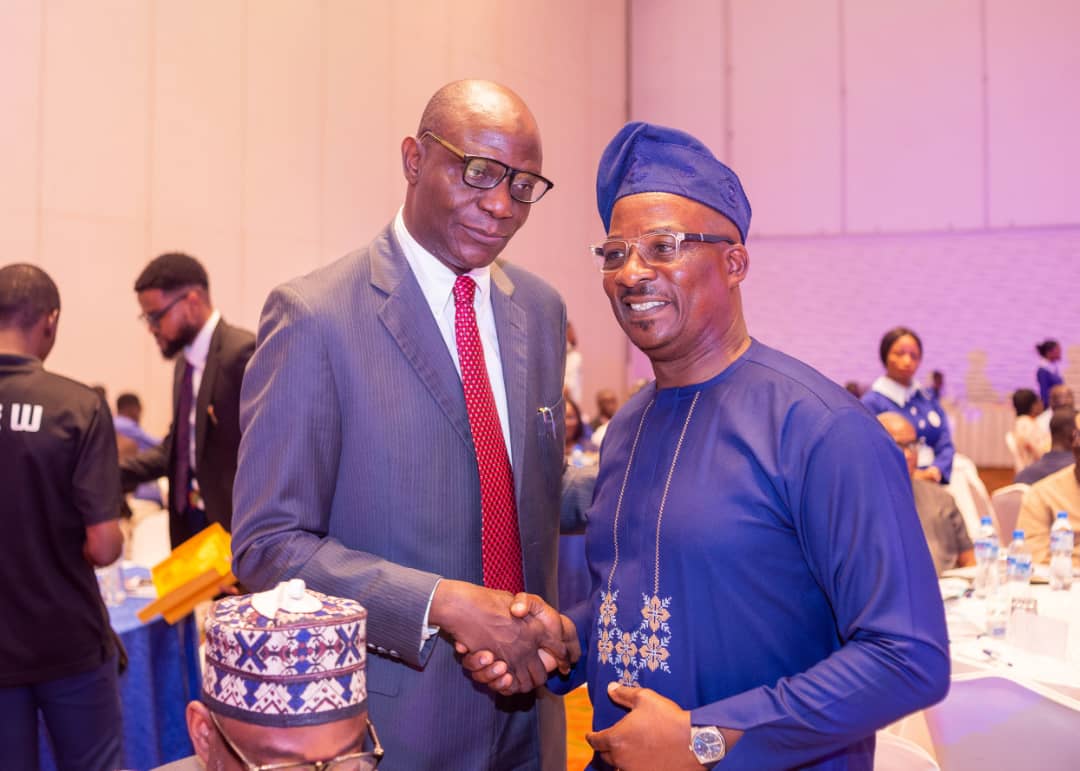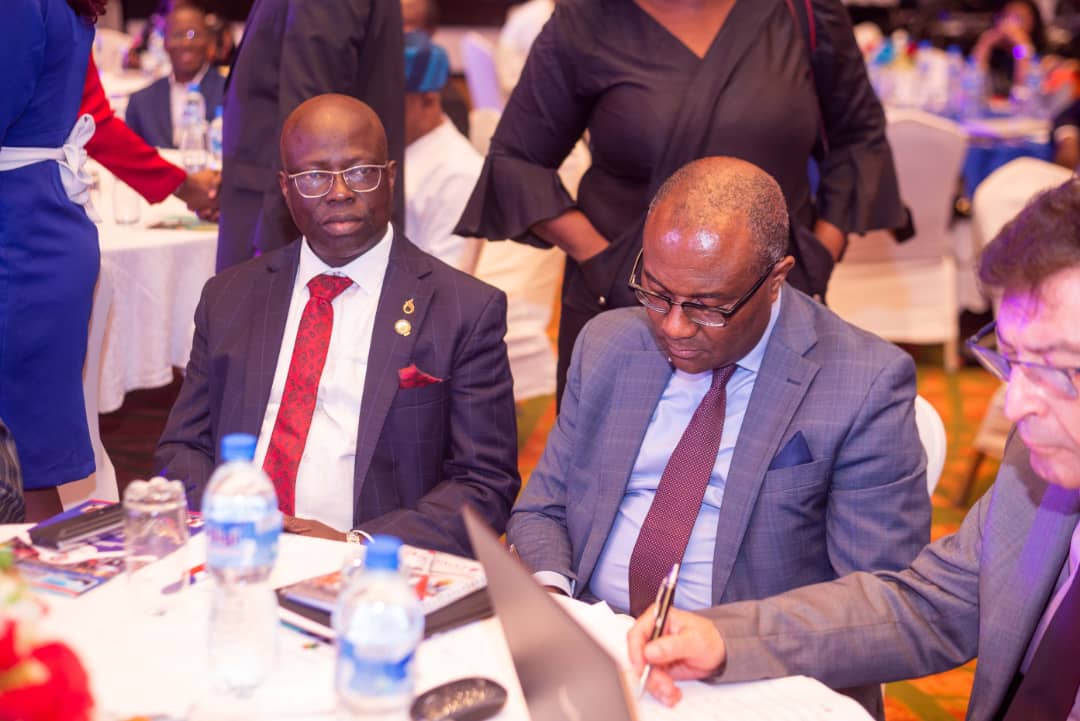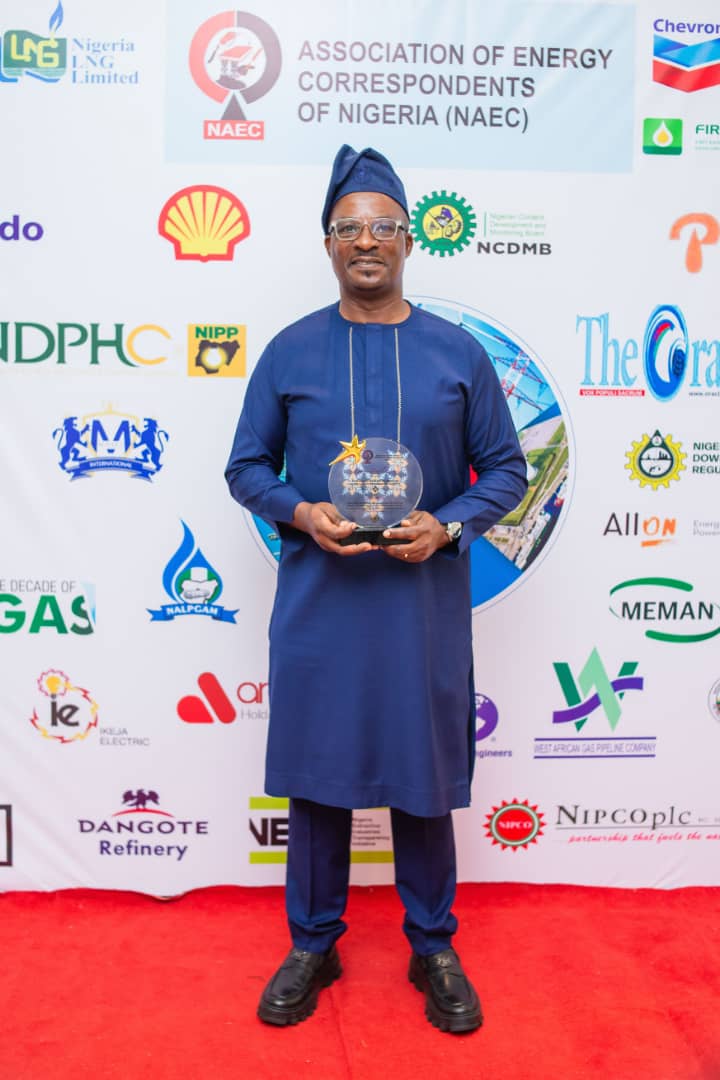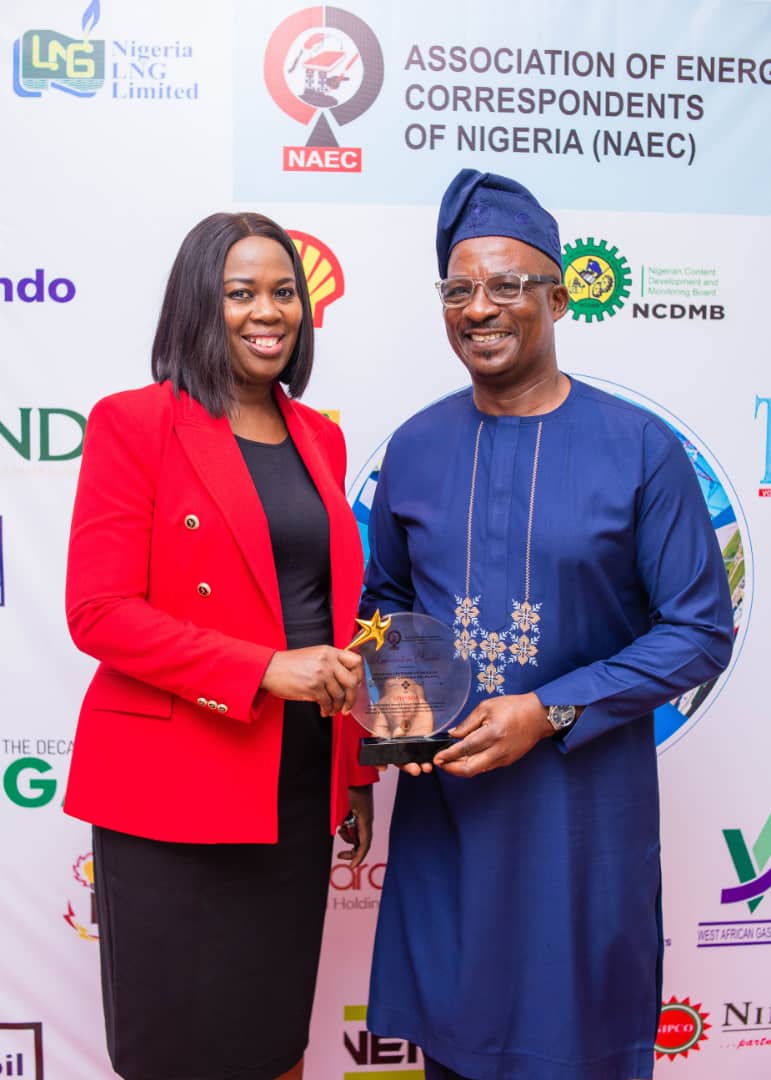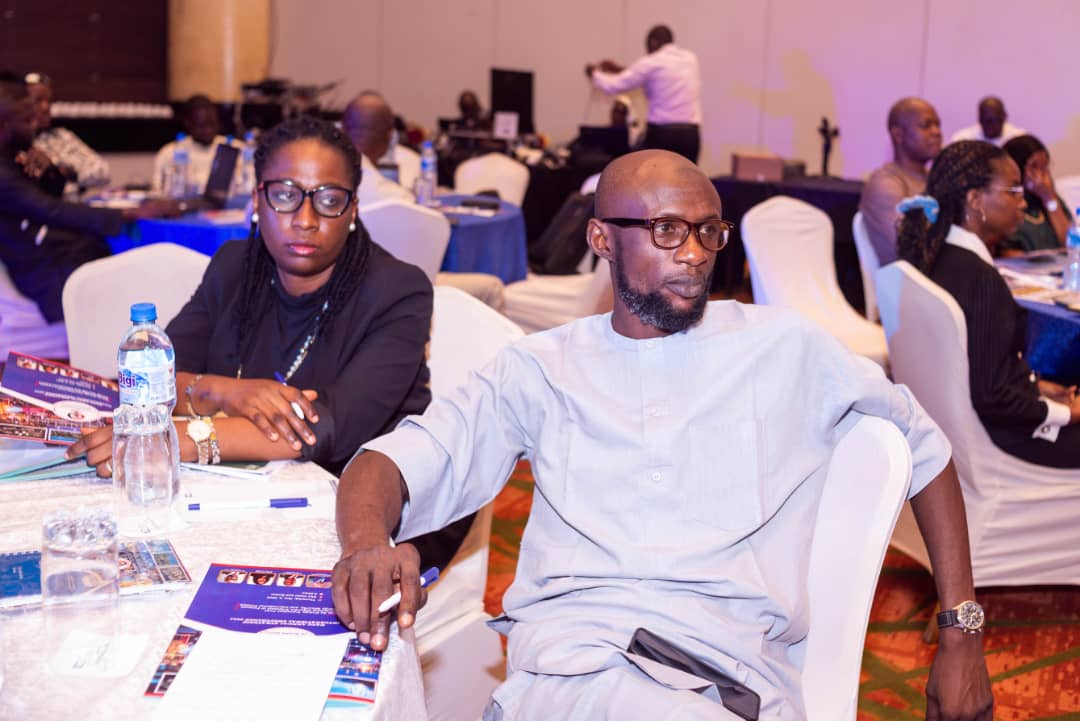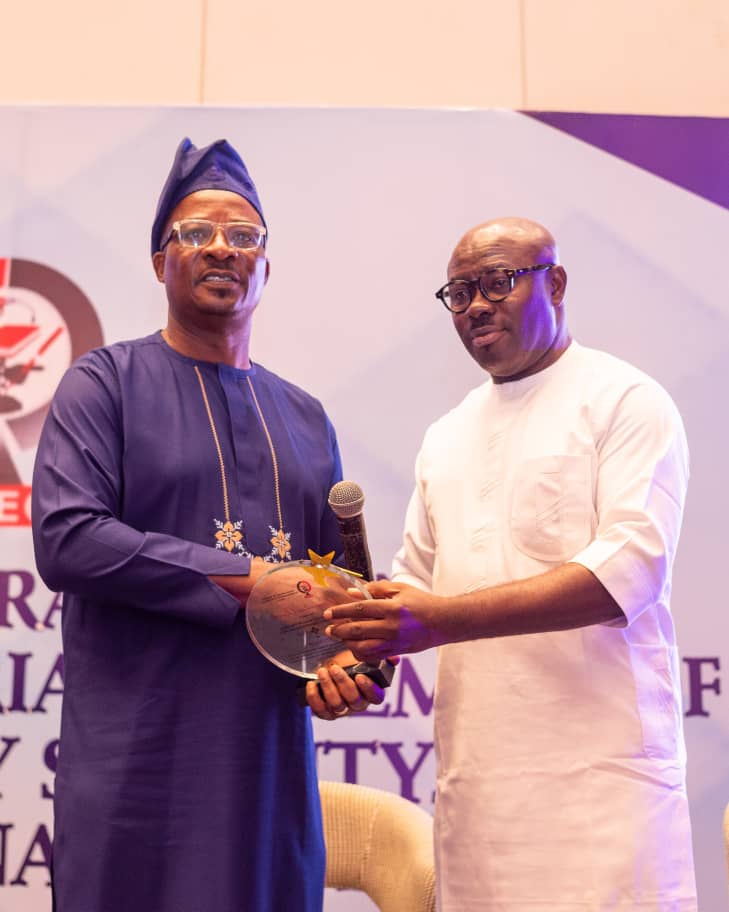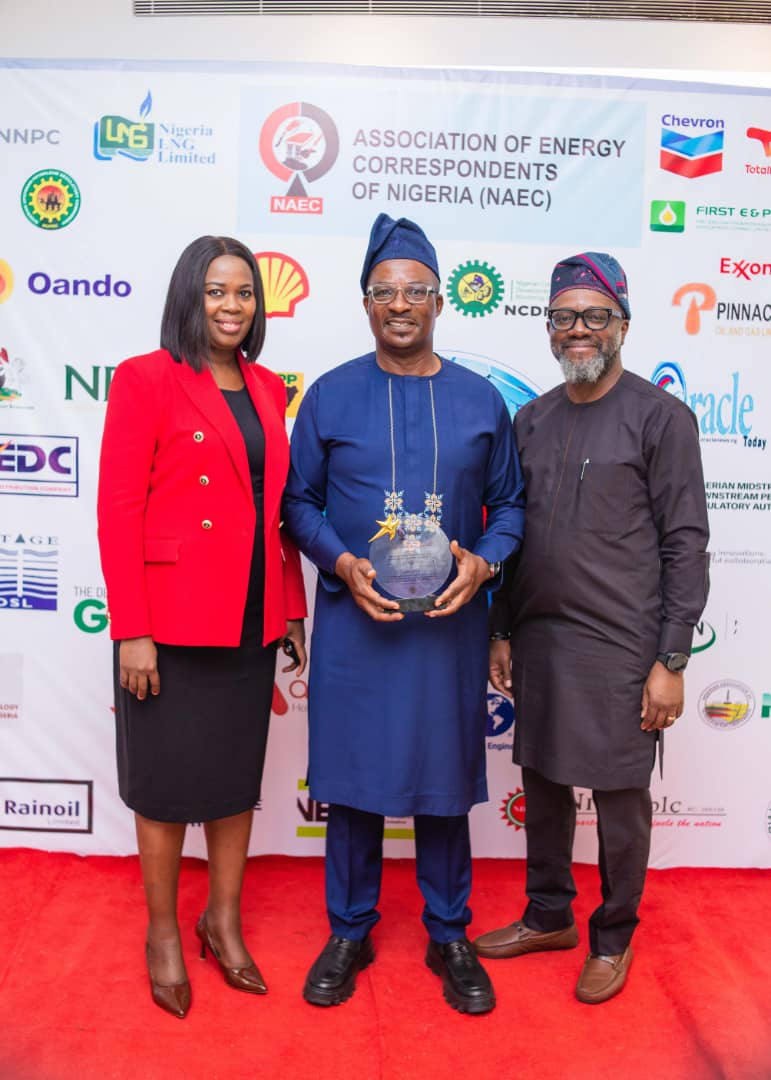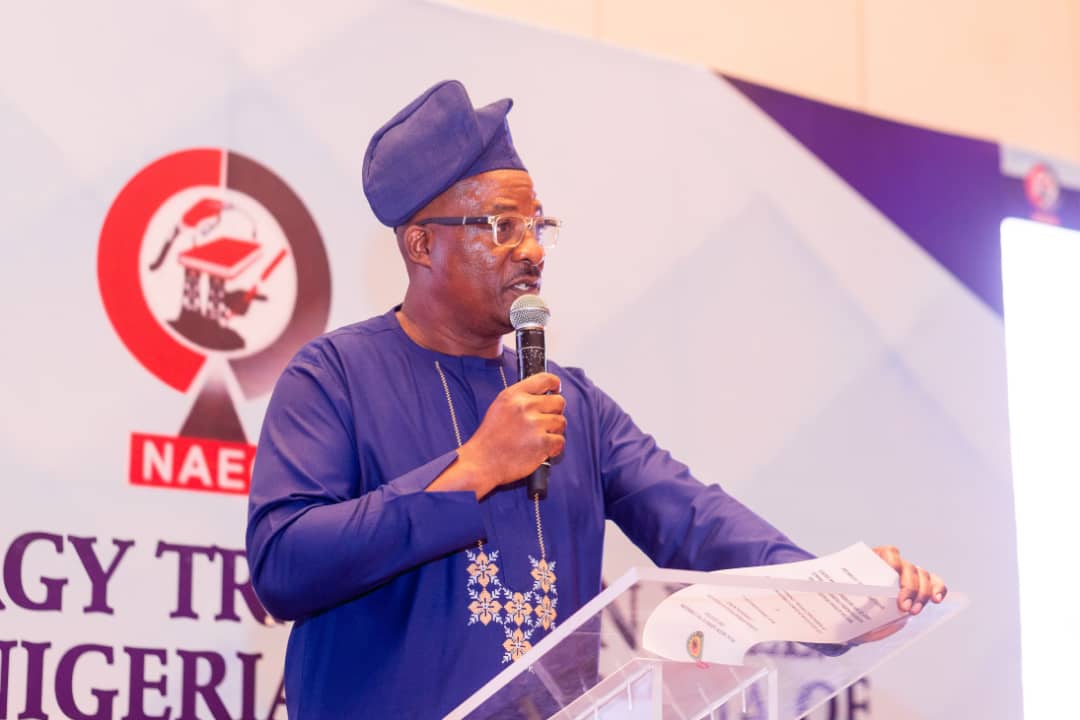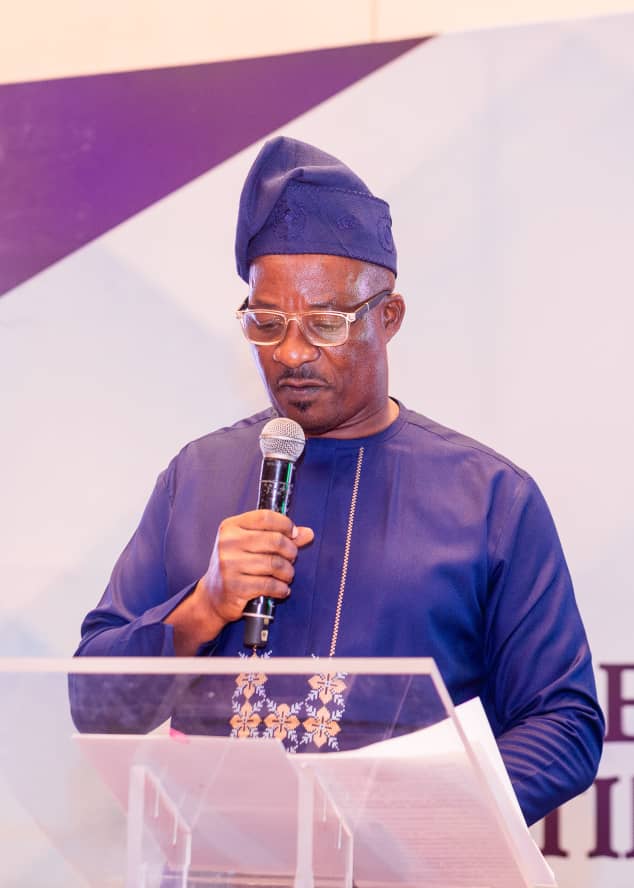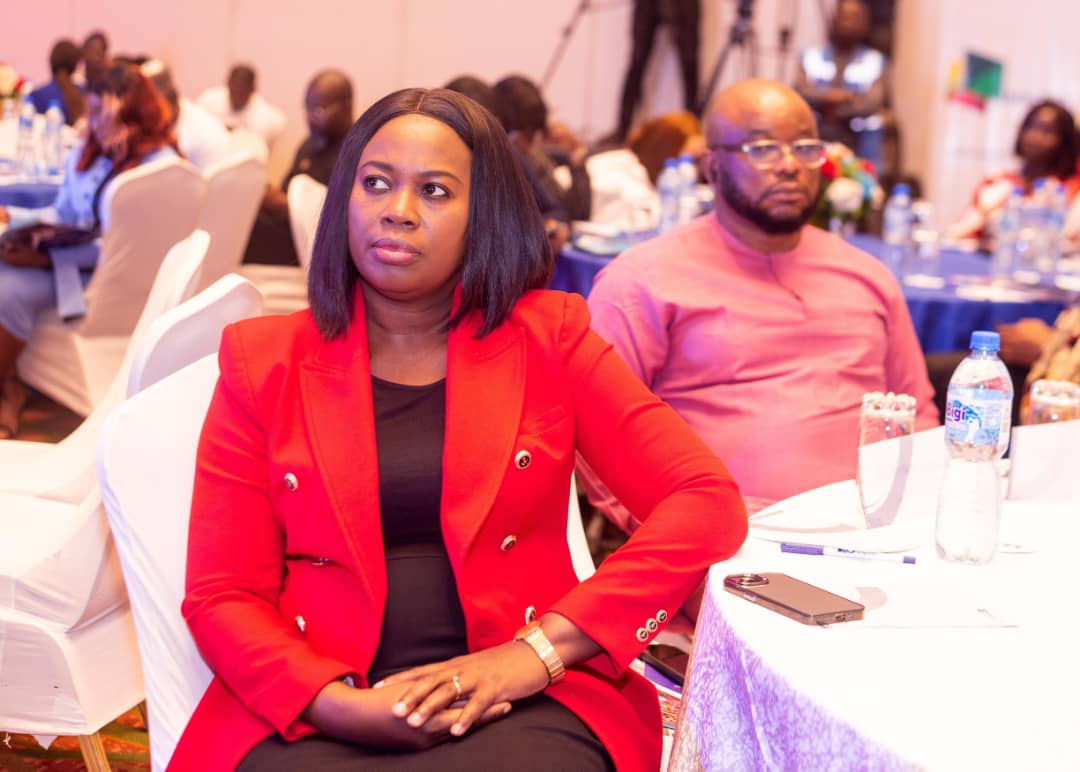The Commission Chief Executive of the Nigerian Upstream Petroleum Regulatory Commission (NUPRC), Engr. Gbenga Komolafe, has noted that gas demand in Nigeria is growing rapidly, outpacing supply, with demand expected to increase at a compound annual growth rate of 16.6% by 2030. There is also the possibility of a 3.1 billion cubic feet per day shortfall in supply.
The CCE made this indication at the 2024 Association of Energy Correspondents of Nigeria Annual Conference in Lagos.
Represented by the Head of the Lagos Regional Office of the NUPRC, Mr. Paul Osu, the Commission Chief Executive highlighted that major projects such as NLNG Train 7, the Nigeria-Morocco pipeline, and the Ajaokuta-Kaduna-Kano (AKK) Natural Gas Pipeline are expected to boost gas production, but may still fall short of meeting future demand.
Reflecting on the global shift towards sustainable energy following the Paris Agreement, he noted that countries worldwide are setting carbon neutrality targets, resulting in reduced investment in oil and gas. He highlighted the outcome of the COP28 Summit, where world leaders committed to tripling global renewable power capacity by 2030. However, he underscored that Nigeria’s approach must consider its unique economic and social conditions, allowing for a just transition.
According to him, while the global energy transition is crucial, Nigeria’s energy security and economic prosperity cannot be overlooked. He emphasized that the country’s transition must balance environmental goals with the need for inclusivity, equity, and sustainability.
On Nigeria’s Decade of Gas programme, declared for the period 2021 to 2030, he noted that the programme is at the heart of the country’s energy transition strategy, which aims to utilize Nigeria’s vast natural gas reserves to drive industrial growth and national development.
He added that the Nigerian Upstream Petroleum Regulatory Commission (NUPRC), through the Petroleum Industry Act (2021), is driving key interventions to support the Decade of Gas. This includes initiatives like the Nigerian Gas Flare Commercialisation Programme (NGFCP), aimed at reducing gas flaring and promoting gas monetization for domestic use. The regulator encouraged investors to seize the opportunities within Nigeria’s gas sector, particularly in power generation, petrochemicals, and fertilizer production.
Closing his remarks, Engr. Gbenga Komolafe stressed the importance of energy security for Nigeria’s future.
With the theme Gas As Transition Fuel: Navigating Nigeria’s Trilemma of Finance, Energy Security, and International Politics, the conference was a call to action for enhanced collaboration among stakeholders to unlock Nigeria’s energy potential and achieve shared prosperity through energy security and sustainability.

